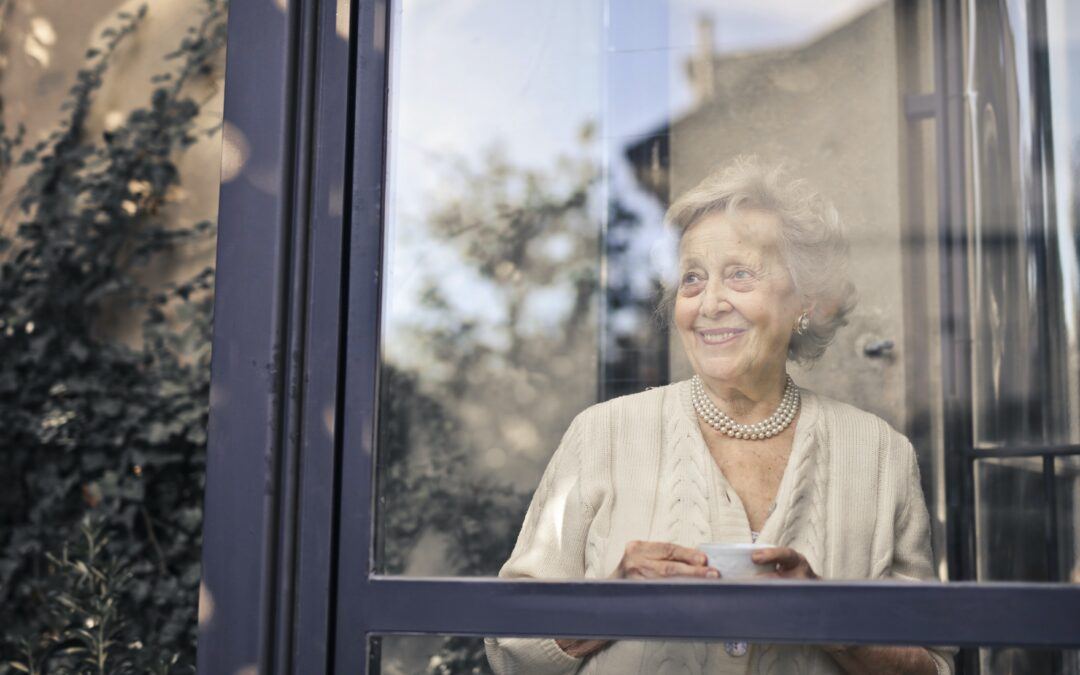“I like it when people remember that I’m a person, not just a person with Alzheimer’s.”-.Sally Hepworth
Today, on Women’s Day, we would like to reflect on the huge impact dementia has on women across the world. Statistics show that women are more likely to develop dementia than men. Around the world, women also make up two-thirds of caregivers for people with dementia and the largest proportion of the professional care force for people with dementia. Society has placed an expectation on women to be the primary unpaid caregiver when their loved one falls ill or is diagnosed with dementia. This is not sustainable. How we provide care and support for both women living with a diagnosis of dementia and those who are caregivers is a big part of the dementia journey.
Women living with dementia share their stories.
Dementia can have a devastating effect on someone’s life, yet we are continuously amazed by our female residents. Despite everything, these women show courage, tenacity and deep, deep love to overcome the challenges dementia brings. We took this opportunity to speak to some of our residents about what being a woman means to them and what achievements they are most proud of. This is what they had to say:
“Being a woman means I was able to be a mother and bring up my children as good people. Having a good husband is something I am also fortunate for. I am very proud of being a nurse, and I want people to always remember that about me as well as being a good mother.” – Mrs Henderson.
“I am good at multi-tasking, and that’s what being a woman means to me. Women can multi-task better than men. I can also fight for peace and tranquillity in society. I am most proud of becoming a lawyer and fighting for women’s equal rights.” – Mrs Smith.
“Being a woman to me means being a mother. I am most proud of my four boys and being their mother. I was also a good school teacher, and this is something I am proud of as well.” – Mrs Carter.
“Being a woman means I have reached the position of equality. I am most proud of learning how to drive. I was taught how to drive many years ago by my husband. This achievement made me proud because I was one of the only females that could drive at the time in our area. This also encouraged other women to drive as well.” – Mrs Chetty.
“Please remember the real me when I cannot remember you.”- Julie White
When asking dementia residents questions, it’s important not to make them feel like they are taking a test. These questions can feel disrespectful and provoke anxiety. So, if you wish to ask your loved one with dementia the same questions, make sure it’s to connect and give them a voice. We would like to wish all women a very Happy Women’s Day.
*Names have been changed for privacy
